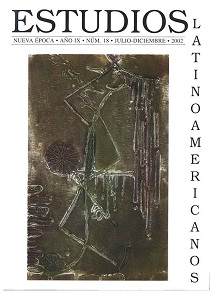Decentralization in Latin America: guidelines for a new model of governance?
Main Article Content
Abstract
The decentralization policies in Latin America are the central shaft of the present article. Makes a review form 1930 to 1990 and end offering a reflection on what should be the decentralization policies in the region. To accede to democratic plans more direct. All this, trying to explain which has been the development of the centralization and decentralization policies: the relationship of the local governments as compared to the central governments and the paper of the State as compared to the processes of municipalization, explaining the theoretical aspects about this thematic; as well, the relationship that keeps the decentralization respect the democracy and the participation levels. After that, the author explains that in a moment of the development of the States, the decentralization was widened in a political approach that indicates that its results should be the one of a good governability; of a democratic process of the participants, and had to be an instrument to increase the political participation, to democratize the political and social processes, and to approach the political-administrative decisions to the interest of the citizens in its environment.
Downloads
Article Details
Citas en Dimensions Service

Este obra está bajo una licencia de Creative Commons Reconocimiento-NoComercial-SinObraDerivada 4.0 Internacional.

